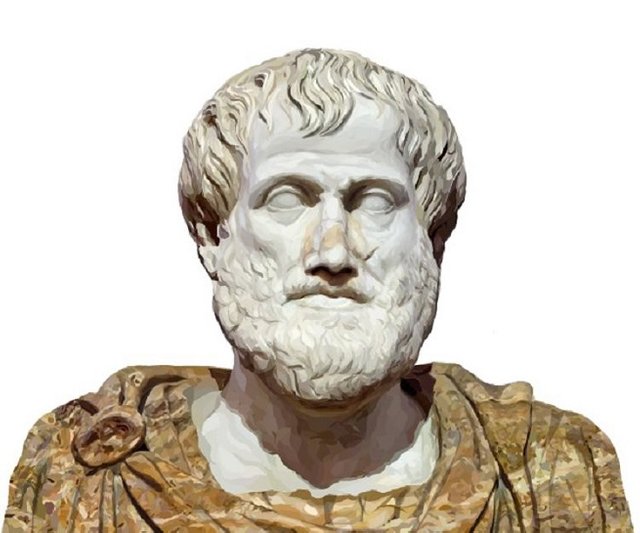Ancient philosophy. The Teaching of God in the Philosophy of Aristotle /part 2/
Examining the teachings of his predecessors, Aristotle considers that they are based only on one of the stated reasons, where the main disadvantage of their "first philosophy" is unilateralism. They have recognized only one of them as fundamental and defining, having no multi-plan approach to reality. According to Aristotle, however, the four principles can be reduced to two-form and matter. This means that every change and progression implies a necessary material substrate (oli) and form (morphe) in which it is realized as a single being with new properties. For the term form, which is central to Aristotle's philosophy, the platonic name for ideas (eidos) is also used. Every genesis is a transition from opportunity to reality.
Matter is a passive substrate, but it contains an option or potency (dinamis), and "form" is acting energy, an active principle, an energia. So "form" and matter are basic principles. But matter can not exist without the "form" - the ideal, the forming, the active, the creative principle. Where matter exists, Aristotle also teaches "oli" as a universal material basis of the world, as pure potency, as invisible power or opportunity, and it is always true. possesses a certain "form". For its part, the "form", like pure energy, can be thoughtless and without matter-in the thinking mind. It is the latter that is "a form of all forms". It is the highest perfect form, which can be defined as pure energy in which there is nothing potential, nothing material. Everything in the end - considered Aristotle - is here in fact in the action of pure thought, of Divine Reason. That is why it is the Absolute and Divine beginning.
There are innumerable chains between opportunity and reality, an infinite number of intermediate degrees in the ascending gradation of ever more perfect "forms," until it reaches the purest, the most - the highest and most exalted "form", devoid of all materiality, which is God. "Form", as an intangible principle, also contains within itself the inner purpose of development, and it is the force that implements that goal as a supreme moment. In his perception of "format" or reality (energia), Aristotle distinguishes three non-material causes or origins:
a / essence / to ti esti /;
b / cause of movement;
in / goals or supreme good, to which everything exists.
It is possible for Aristotle to reduce the cause to" form "or to reality, because his doctrine or teleology is a theology not only natural, it is realized in natural processes, regardless of man, but also teleology is objective. This is a newer concept of teleology achieved by Aristotle compared to its predecessors Socrates and Plato.

Please @godfleshI would love to ask for a favour from you... Am from Africa please I need to gather up-to 150 steem so I can pay for my school fees, please I plead if you can assist me? Have gotten 50 from a good fellow, 100 is remaining... Thanks for your help
To listen to the audio version of this article click on the play image.

Brought to you by @tts. If you find it useful please consider upvoting this reply.